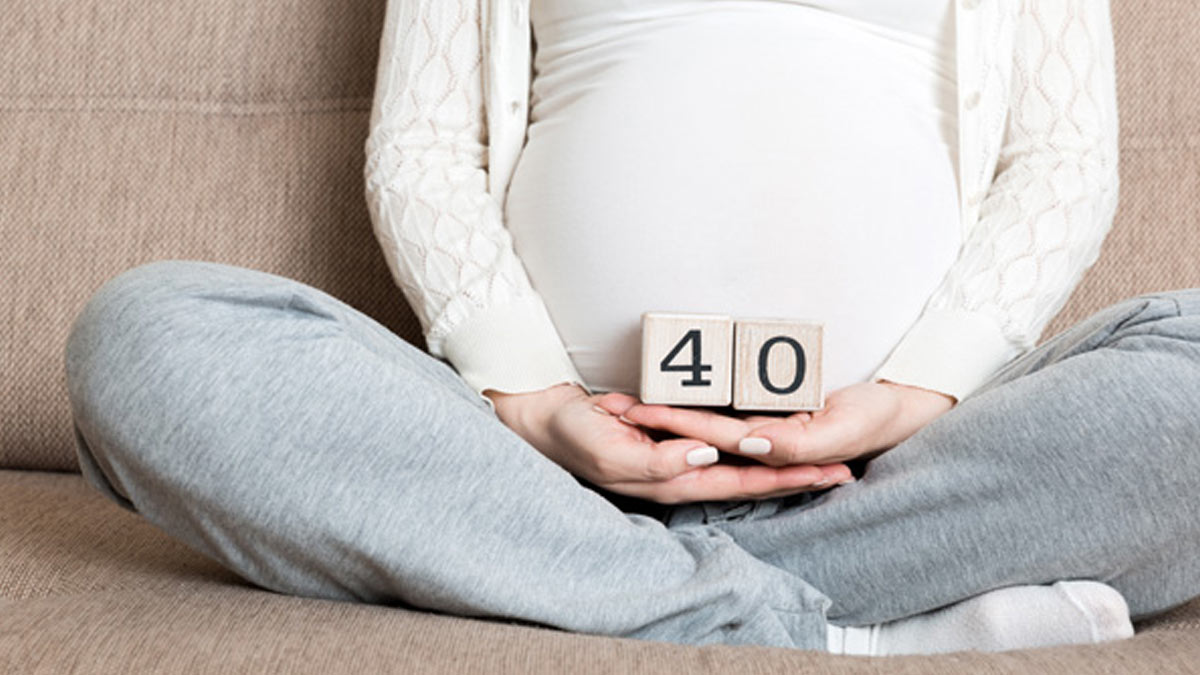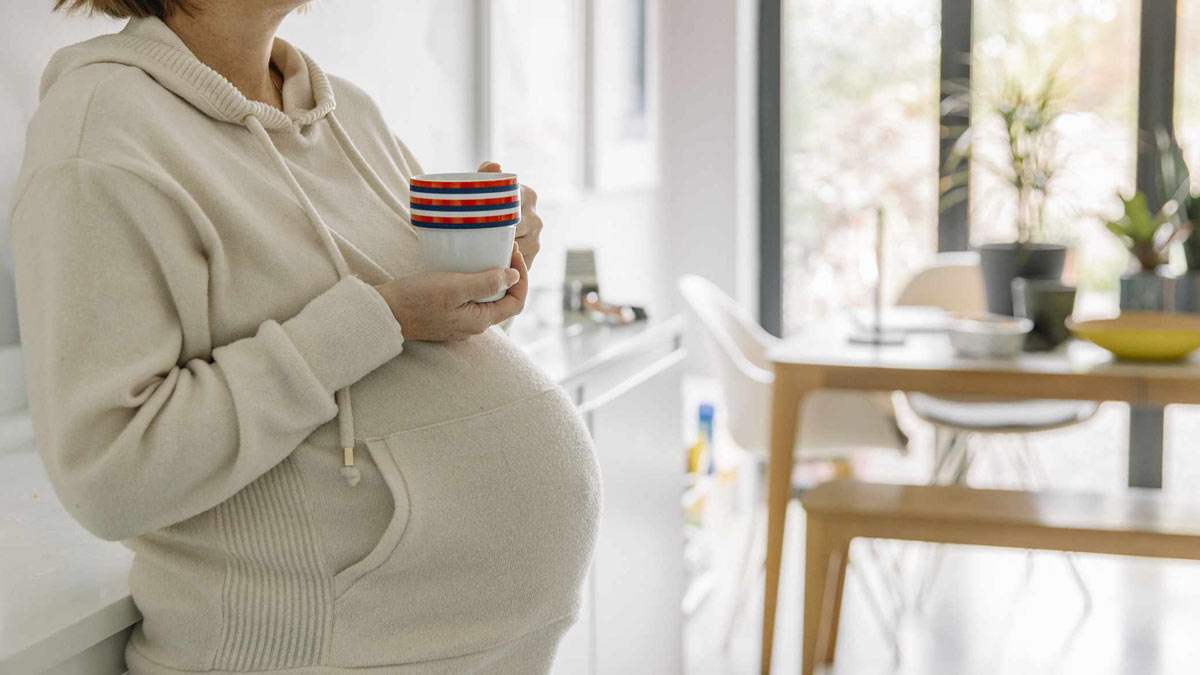-1758694324995.webp)
Katrina Kaif and Vicky Kaushal’s pregnancy announcement has taken social media by storm. Fans flooded the internet with warm wishes, but what grabbed even more attention was Katrina’s age, as she is around 42. Her news has once again opened up discussions around later-age pregnancy. It is something more women today are choosing due to careers, personal goals, or lifestyle.
Table of Content:-
While it is possible, doctors often warn that pregnancy after 40 carries extra challenges. To understand what couples should know, we spoke with Dr Deepshikha Singla, Senior Consultant Gynaecologist, Civil Hospital Sector 6, Panchkula, who shared her insights on navigating pregnancy at a later age.
Why Pregnancy After 40 Draws Attention
View this post on Instagram
Pregnancy after the age of 35 is considered advanced maternal age in medical terms. Dr Deepshikha explains, “The natural fertility rate starts declining in the mid-30s, and by 40, the egg reserve and egg quality are both reduced. This makes conception harder and pregnancy more complicated.”
She adds that this is not meant to discourage, but to make women more aware. “We do see healthy pregnancies at 40 and beyond, but they need extra care, monitoring, and medical support at every stage,” says Dr Deepshikha.
Common Risks of Later-Age Pregnancy
With rising age, the risks for both mother and baby increase. Some common challenges include:
- Difficulty conceiving naturally due to lower egg quality.
- Higher chances of miscarriage in the early months.
- Gestational diabetes and high blood pressure are more common.
- Greater risk of C-section delivery due to complications.
- Chromosomal issues in the baby, such as Down syndrome, may occur more frequently.
Dr Singla notes, “We advise women over 40 to be mentally prepared for these possibilities. Regular check-ups, tests, and specialist guidance can make a big difference.”
ALSO READ: From Vicky Kaushal to Every Dad: Gentle Ways to Support an Expectant Mother’s Bump
Things Women Should Keep in Mind![pregnancy after 40 2 - 2025-09-24T114114.590]()
If you are planning or experiencing pregnancy in your 40s, here are some key points to remember:
Pre-Pregnancy Planning
- “A thorough health check before conceiving is vital,” says Dr Singla. This includes testing for blood sugar, thyroid, vitamin levels, and reproductive health.
- Consulting a fertility specialist early helps map realistic options.
Healthy Lifestyle
- Eat balanced meals rich in protein, iron, calcium, and vitamins.
- Stay active with doctor-approved exercises like walking or prenatal yoga.
- Quit smoking and alcohol completely.
Prenatal Care and Regular Scans
- Frequent ultrasounds, blood tests, and screenings are essential.
- “We especially recommend genetic testing to detect chromosomal issues early,” shares Dr Singla.
Manage Stress and Rest Well
- Stress can affect both fertility and pregnancy outcomes.
- Make time for relaxation, meditation, or light hobbies.
- Sleep at least 7–8 hours to support body recovery.
Be Open to Medical Assistance
- Women over 40 may need treatments like IVF or donor eggs.
- “It’s important to know your options and not feel pressured. With modern medicine, healthy pregnancies are possible even when natural conception is difficult,” Dr Singla reassures.
Emotional and Social Aspects![pregnancy things to keep in mind 1 - 2025-09-24T114116.262]()
Pregnancy in the 40s also brings emotional ups and downs. On one hand, women may feel more mature and financially stable. On the other hand, societal opinions and family expectations can add pressure. Dr Deepshika stresses, “Emotional support from the partner and family is just as important as medical support. Women should feel confident and celebrated, not judged for their age.”
ALSO READ: How Breast Size Changes After Delivery? Expert Shares What New Moms Need to Know
Conclusion
Katrina Kaif’s pregnancy at 42 is a reminder that times are changing, and women are embracing motherhood later in life, too. While risks are real, awareness, medical guidance, and lifestyle adjustments can help ensure a safe and healthy journey. With the right preparation and support, later-age pregnancy can be both empowering and fulfilling.
Also watch this video
How we keep this article up to date:
We work with experts and keep a close eye on the latest in health and wellness. Whenever there is a new research or helpful information, we update our articles with accurate and useful advice.
Current Version
Sep 24, 2025 12:16 IST
Published By : Vivek Kumar

